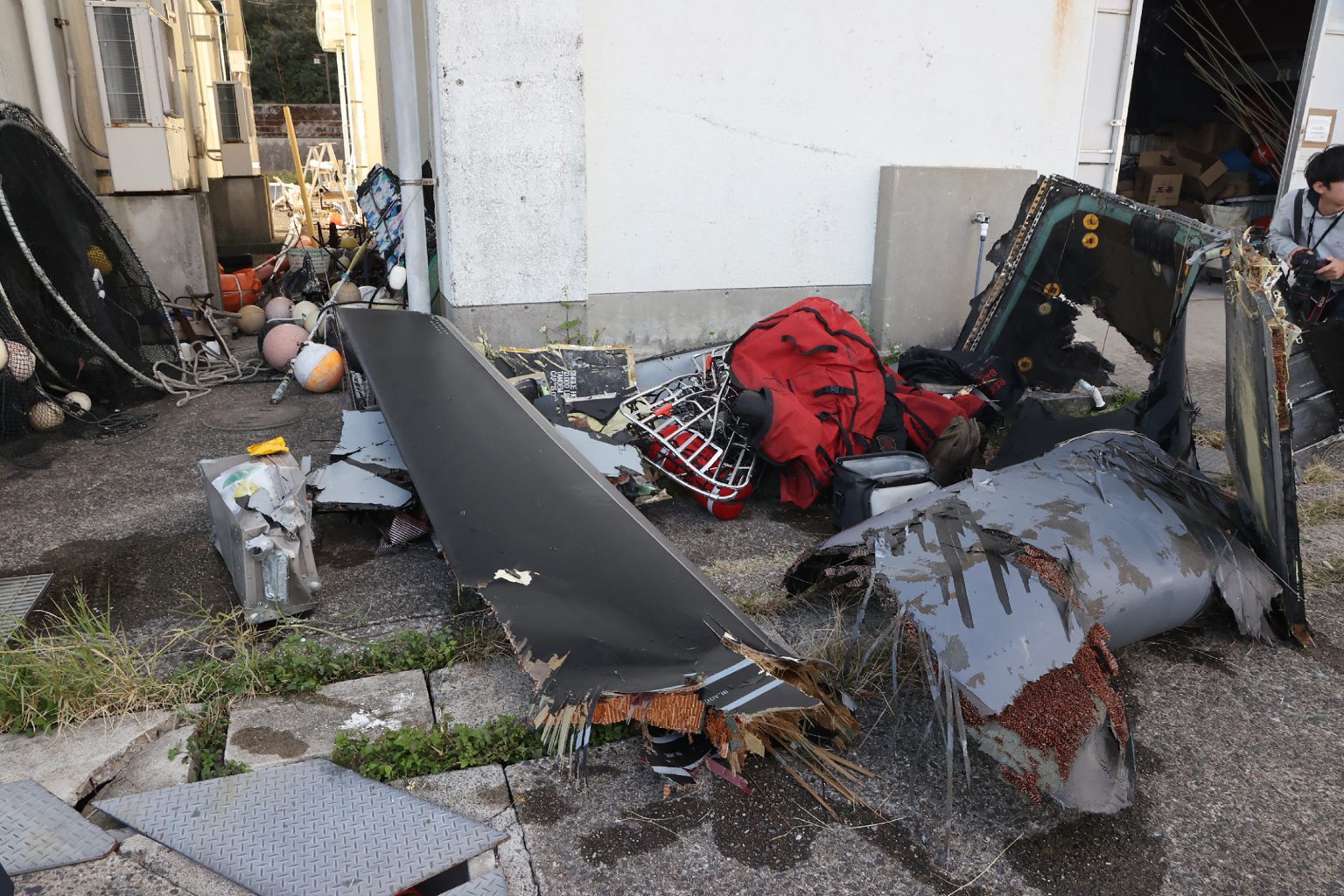Ivy Galliher shares the heart-wrenching story of losing her husband, SSgt Jacob Galliher, in a tragic crash involving a US Air Force CV-22B Osprey tilt-rotor aircraft. Jacob, a Mandarin linguist, was on a short intelligence mission when the aircraft crashed near Yakushima Island, resulting in his death. Ivy recounts the devastating moment when two Air Force officers informed her of her husband’s passing, leaving her and their two young sons, Malcolm and Killian, shattered. As part of a club no one wants to belong to, Ivy connects with other families who have lost loved ones in Osprey crashes, sharing in their collective anger and grief over these senseless tragedies.
The Osprey aircraft, with its unique ability to ascend and land vertically like a helicopter while flying with the speed of a propeller plane, has a long history of crashes and fatalities. Since 2000, there have been 10 crashes resulting in 57 deaths, with 20 military members dying in the last two-and-a-half years alone. Ivy expresses her frustration and pain over the loss of her husband and the failure of the military to address the ongoing safety issues with the Ospreys, leading to repetitive tragedies and shattered families. Despite intermittent grounding, the Ospreys continue to operate, posing a significant risk to service members.
In the aftermath of Jacob’s death, Ivy receives the results of the Air Force Accident Investigation Board (AIB) report on the crash, which attributes the mishap to mechanical failure and casual decision-making. She questions the determination that the Ospreys are safe for operation, considering the findings of the AIB report and the internal Safety Investigation Board report, which detailed previous failures in similar mechanical components. Ivy struggles to comprehend how the military can deem the Ospreys safe while disregarding the known risks and potential for future tragedies if corrective actions are not taken.
Lawmakers and family members alike have raised concerns about the accountability measures, lack of transparency, maintenance prioritization, and risk assessment related to the Osprey aircraft. Despite these voices advocating for increased safety measures, the military plans to keep Ospreys operational through the 2050s, emphasizing their importance in future operations planning. Ivy reflects on the devastating impact of losing her husband and the lasting void it has created in their family, emphasizing the urgent need to ground the CV-22 Ospreys indefinitely until the root cause of the crashes is identified and corrected to prevent further tragedies.
Ivy honors her husband’s legacy through the Jacob Galliher Foundation, providing scholarships and awards to individuals who embody bravery, dedication, and kindness, ensuring that Jake’s spirit lives on. She advocates for grounded indefinitely, recognizing the inherent risks posed by mechanical failures. Ivy’s poignant account serves as a reminder of the human cost associated with military operations and the imperative need to prioritize service member safety to prevent further devastating losses like that of her beloved husband, Jacob Galliher.


